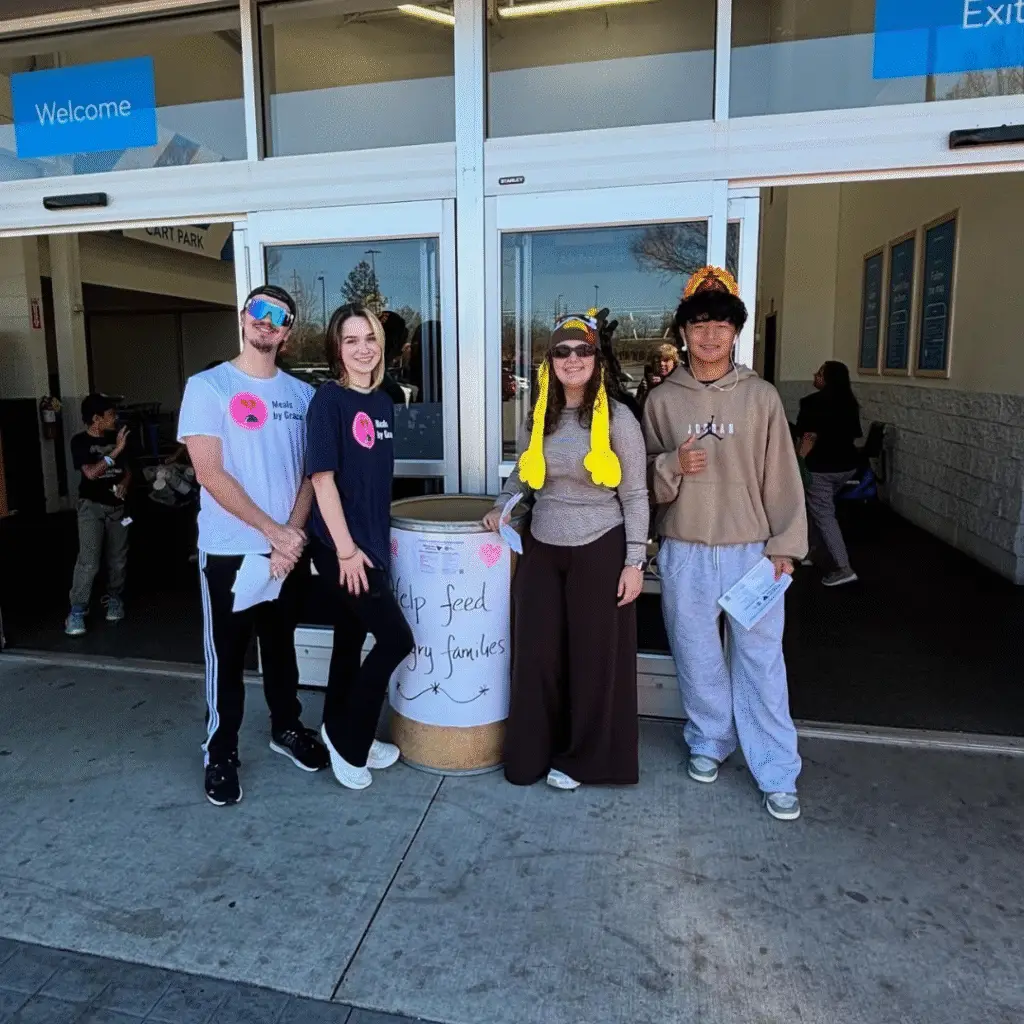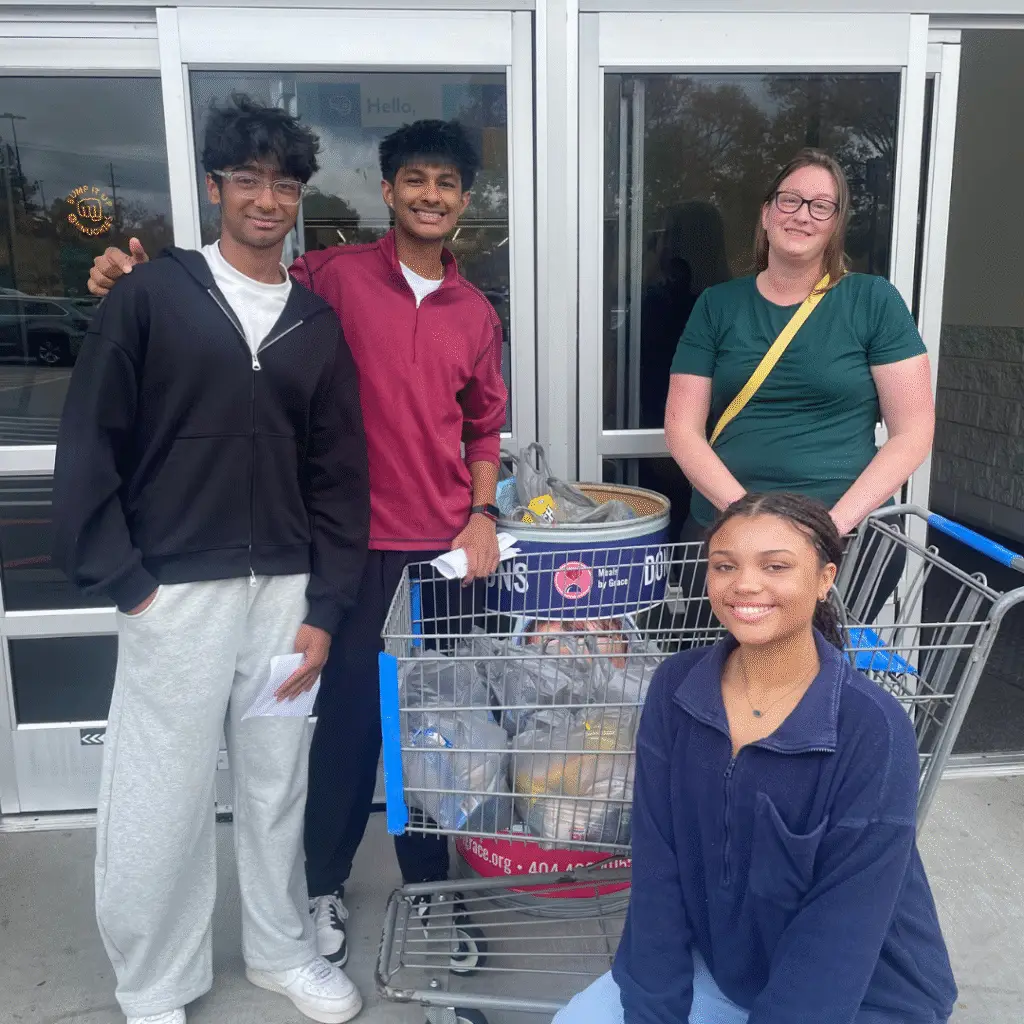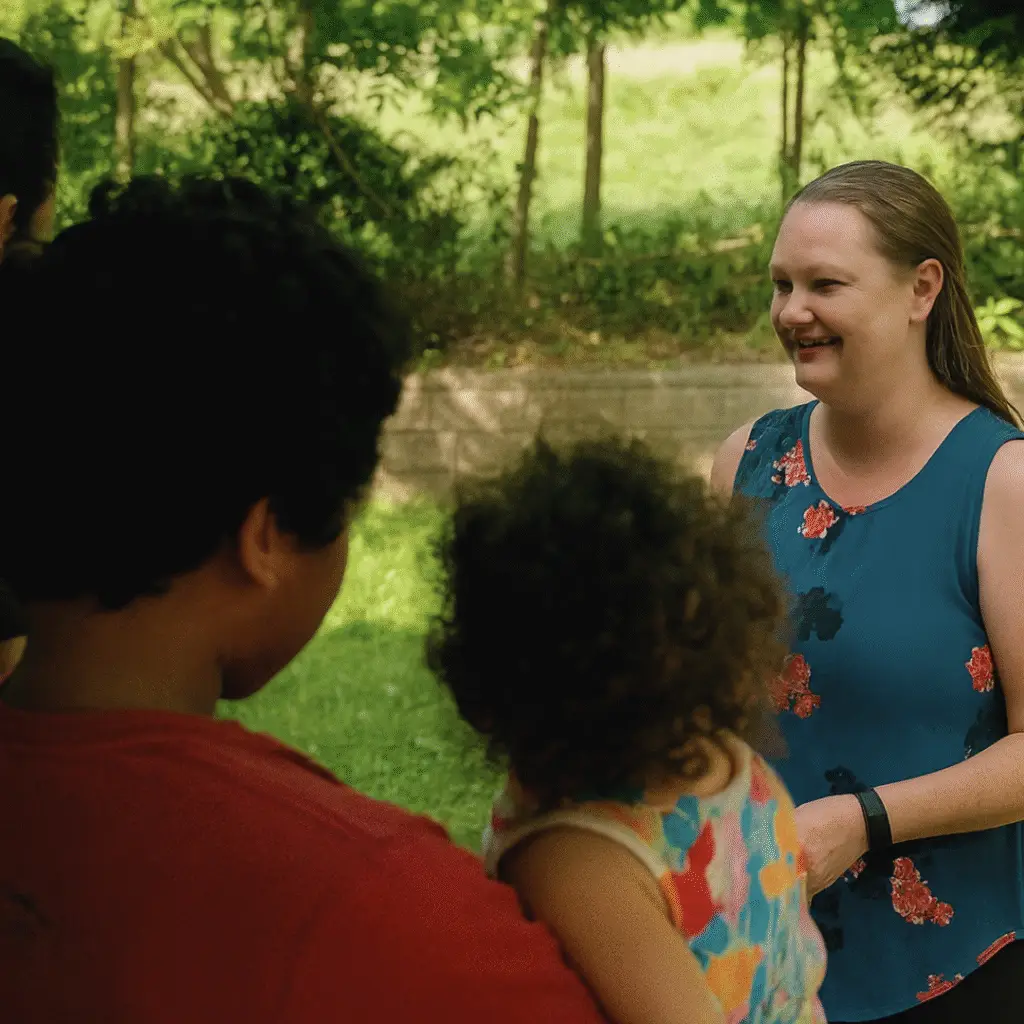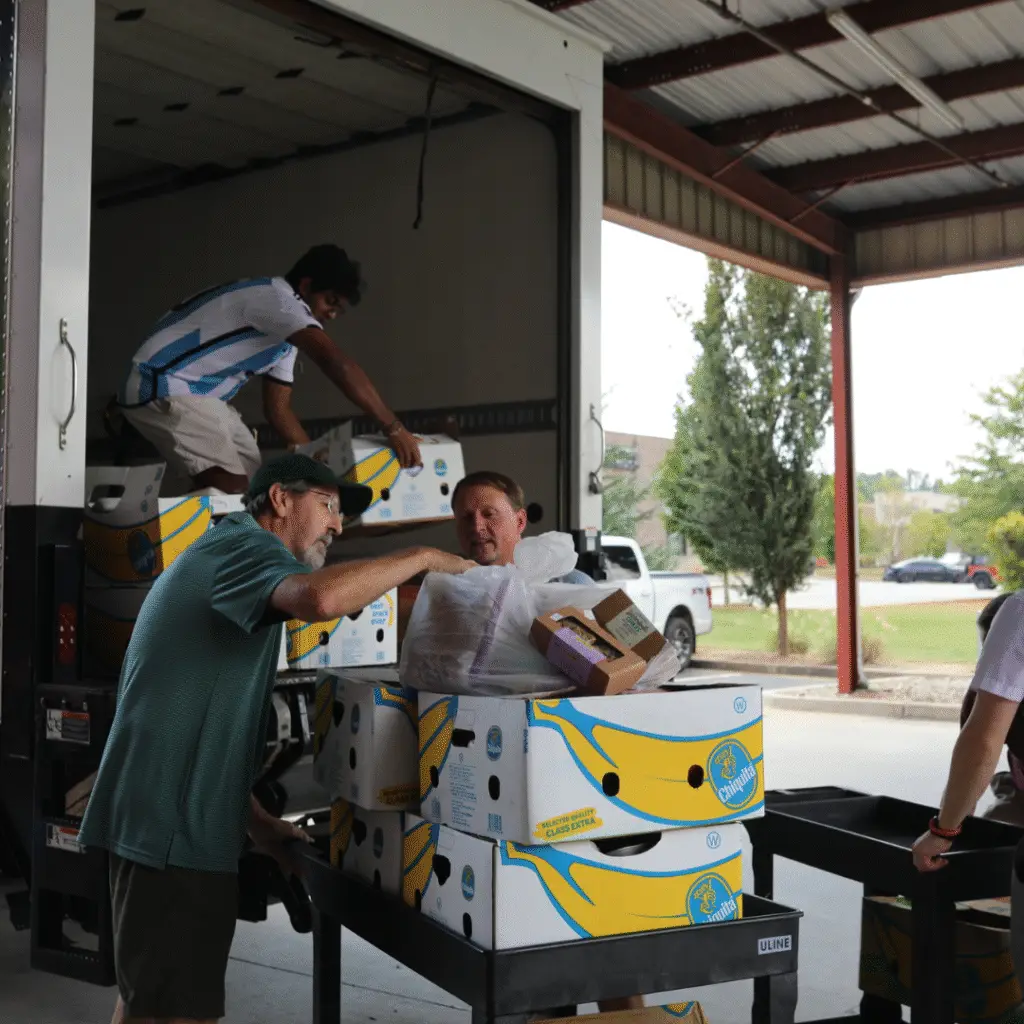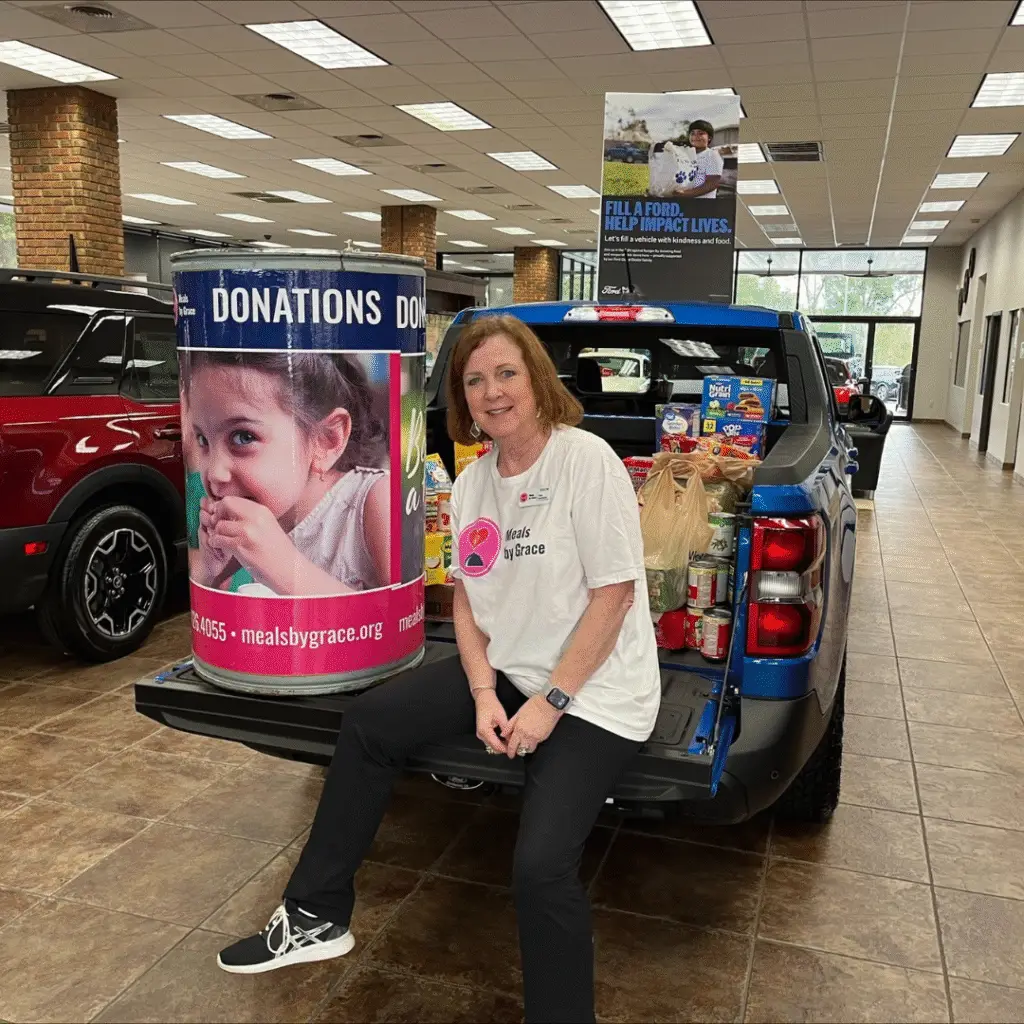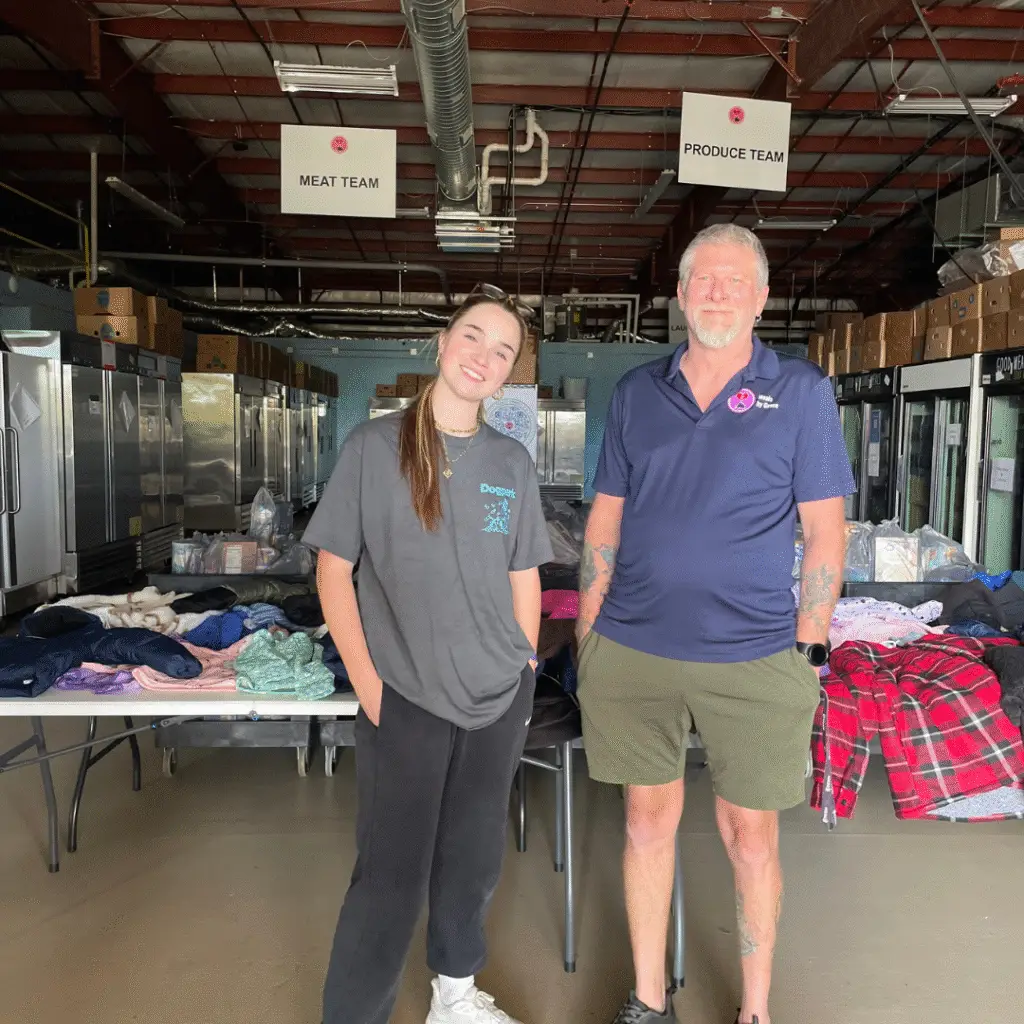When we think about medical care, we often picture hospitals, prescriptions, and insurance. But one of the most overlooked—and devastating—challenges facing families in crisis is simply getting there. Reliable transportation can mean the difference between receiving care or watching a condition worsen.
Families in our community routinely miss appointments, delay treatments, or fail to access life-saving medications because they have no car, no gas money, or no one to drive them.
Read the full context of how these challenges add up: How Medical Hardships Push Families to the Brink

When Transportation Determines Health Outcomes
Transportation isn’t just a convenience—it’s a medical necessity. Without it:
- Children miss follow-ups for asthma, diabetes, and behavioral therapy
- Adults skip preventative care or fail to refill prescriptions
- Seniors remain isolated, unable to manage chronic conditions
For low-income households, these missed connections can snowball into worsening illness, emergency room visits, and overwhelming financial strain.
A Hidden Systemic Gap
Many assume Medicaid or public services fill this gap. But rideshare vouchers are limited, public transportation is not easily available, and scheduling transportation through social services often requires 48–72 hours’ notice. Families in urgent need can’t wait.
In Forsyth and Dawson Counties, lack of transportation is one of the top barriers identified by our care coordinators. It keeps families stuck—and struggling.
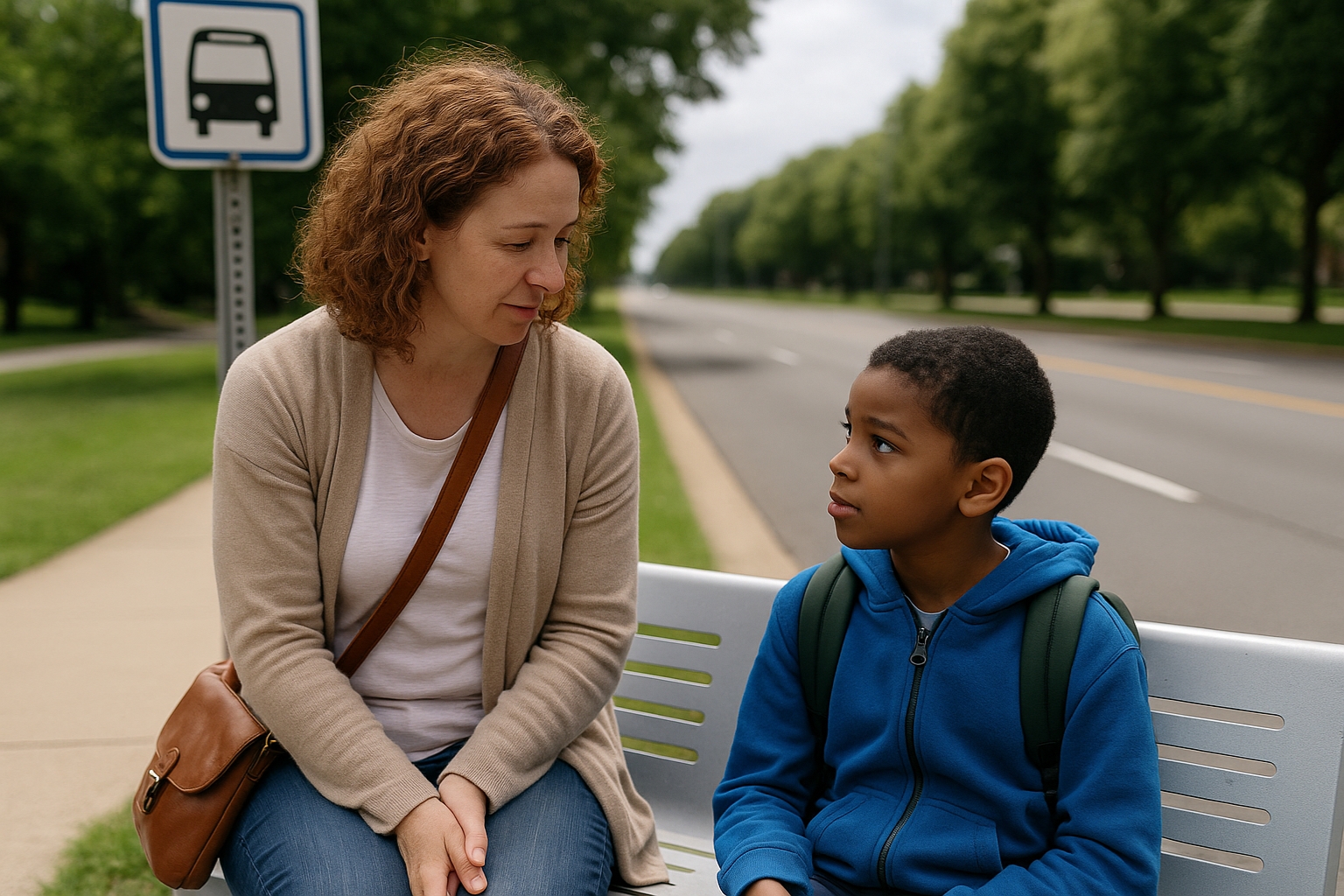
Real Story: Trapped by Geography
One mom in our program lived 14 miles from the nearest pediatrician. Her daughter needed weekly wound care after surgery. Without a car, the mom borrowed a neighbor’s once—and walked other weeks. By the third missed appointment, her daughter’s condition had worsened. That’s when Ministries of Grace stepped in.
We coordinated rides with volunteers, connected the family to a clinic offering home health support, and helped them apply for a vehicle repair fund. It didn’t just fix the ride—it rebuilt her ability to show up.
The Spiral of Missed Appointments
| Barrier | Resulting Consequence |
|---|---|
| No gas money | Delayed medication, unfilled prescriptions |
| Broken-down vehicle | Missed specialist referrals |
| No licensed driver | Cancelled diagnostic scans |
| Rural bus access only | 2-hour one-way trips, skipped care |
The inability to get to care on time results in higher downstream costs and deepens the cycle of instability.
How Ministries of Grace Steps In
We believe transportation should never be the reason someone can’t get better. While we don’t run a shuttle service, we bridge the gap with compassion and coordination.
Our solutions include:
- Volunteer driver network for urgent medical visits
- Gas gift cards for families attending ongoing treatment
- Connections to car repair support through local partners
- Assistance navigating Medicaid transportation benefits
- Food delivery that offsets budget strain so families can afford to drive
Sometimes, just one ride is all it takes to change someone’s trajectory.
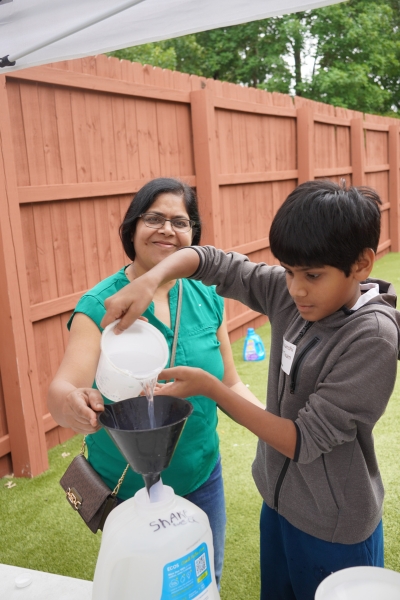
Help Families Reach the Care They Need
When you support Ministries of Grace, you’re not just giving food. You’re helping make sure families can access critical care and avoid preventable crises.
👉 Join The Bridge Monthly Giving Program
👉 Make a one-time donation to help families overcome transportation barriers

